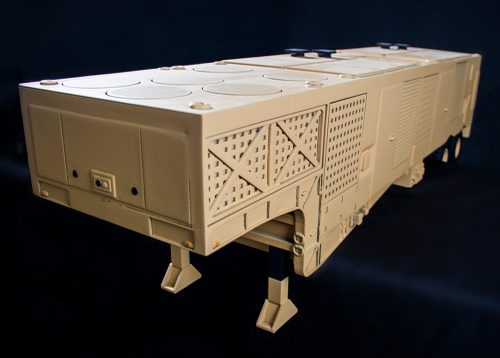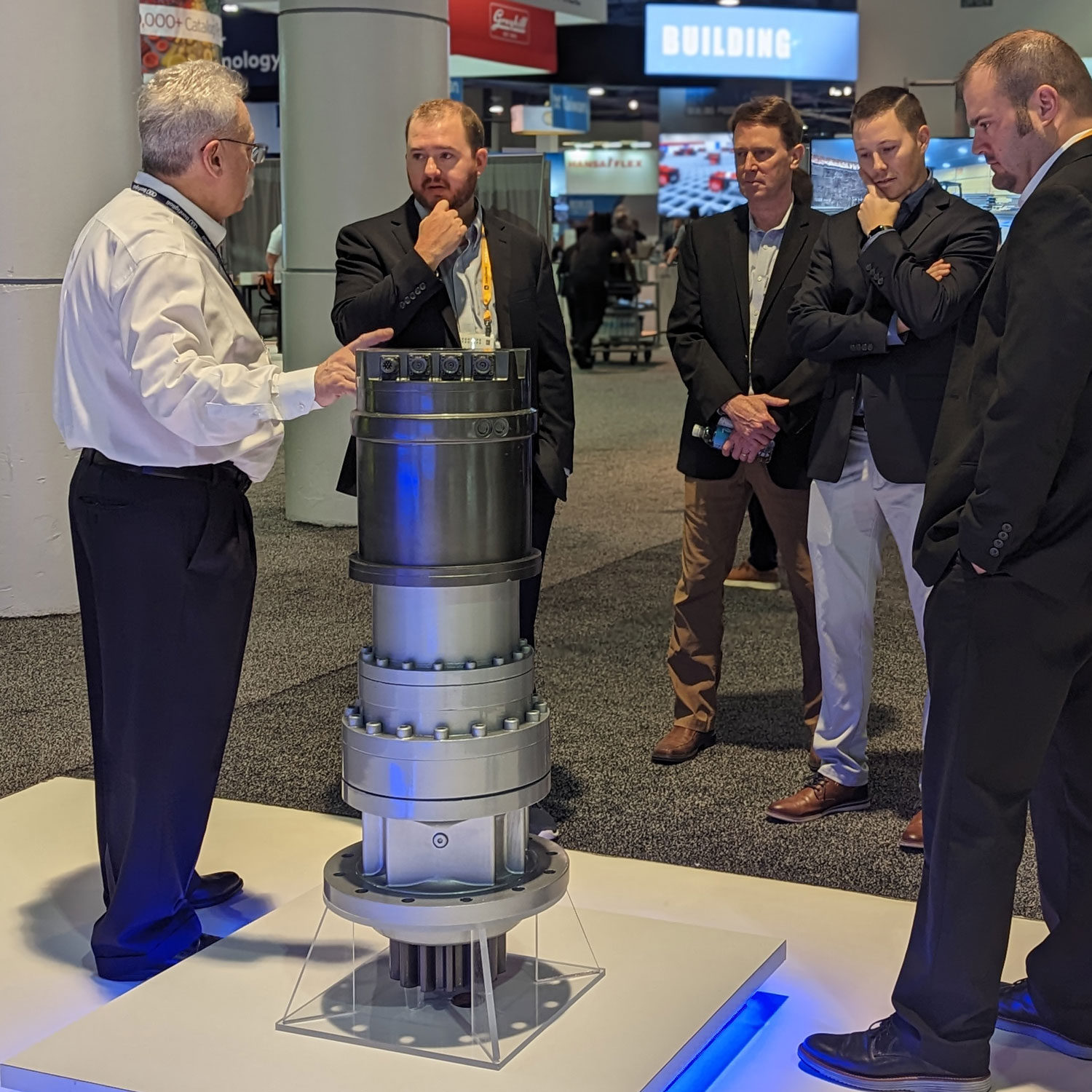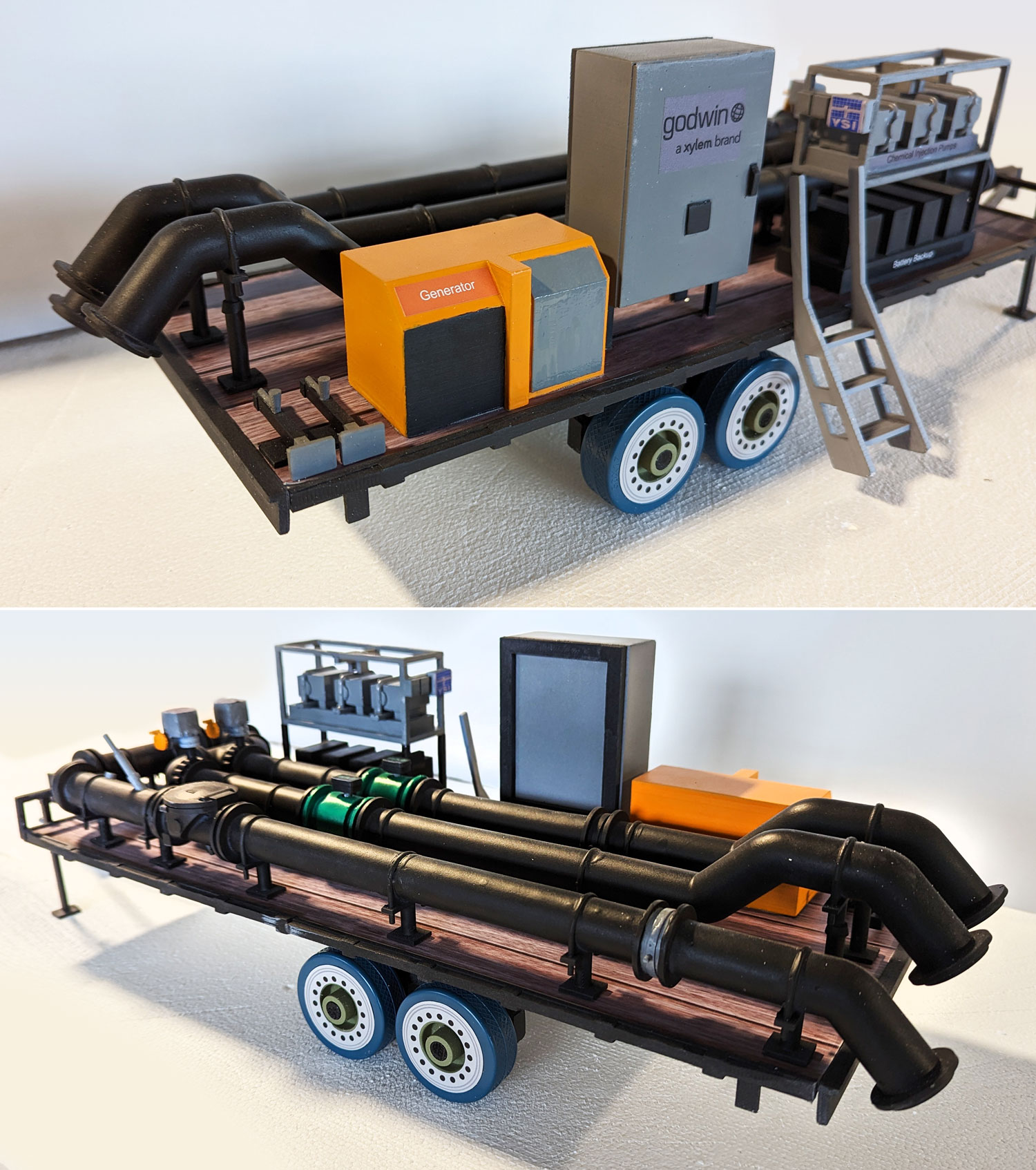Machinery Scale Models
Machinery Scale Models
We Build Custom Scaled 3D Machinery Models
Did you know we make
custom
3D machinery models?

Unveiling the Machinery Marvels: Exploring Machinery Scale Models
Machinery scale models stand as miniature marvels, encapsulating the power and precision of industrial equipment. In this comprehensive exploration, we dive into the captivating world of machinery scale models, uncovering their diverse designs, functionalities, and the fascinating process of fabrication that brings them to life.
Understanding the Machinery: Basics of Industrial Equipment
At the core of machinery scale models lies the essence of industrial equipment—machines designed for specific tasks, ranging from construction and manufacturing to agriculture and transportation. These models serve as educational tools, showcasing the functionality and complexity of real-world machinery in a compact form.

Navigating the Landscape: Exploring Different Types of Machinery Models
The landscape of machinery scale models is vast and diverse, encompassing a wide array of designs and configurations tailored to suit specific industries and applications. From construction machinery to agricultural equipment, from mining vehicles to transportation vehicles, each machinery model offers unique features and advantages, reflecting the diversity of industrial sectors.
Construction Machinery Models: Building the Future
Construction machinery models represent a wide range of equipment used in building and infrastructure projects, including excavators, bulldozers, cranes, and loaders. These models highlight the power and versatility of construction equipment, showcasing their ability to move earth, lift heavy loads, and erect structures with precision and efficiency.
Agricultural Machinery Models: Harvesting Innovation
Agricultural machinery models depict various farm equipment used in planting, harvesting, and processing crops, including tractors, combines, seeders, and sprayers. These models showcase the technological advancements in agriculture, from precision planting and crop monitoring to automated harvesting and crop management, improving productivity and sustainability in farming practices.
Mining Machinery Models: Diving into the Depths
Mining machinery models represent the heavy equipment used in extracting minerals and ores from the Earth’s crust, including excavators, haul trucks, drills, and crushers. These models highlight the ruggedness and power of mining equipment, capable of operating in harsh environments and extracting valuable resources with efficiency and precision.
Transportation Vehicle Models: Moving the World
Transportation vehicle models encompass a wide range of vehicles used in transporting goods and people, including trucks, buses, trains, and airplanes. These models showcase the diversity of transportation systems, from long-haul trucks and mass transit buses to high-speed trains and commercial aircraft, facilitating the movement of goods and passengers worldwide.

Fabricating Machinery Scale Models: Crafting Precision and Power
While machinery scale models serve as educational tools and collectibles, their fabrication process demands meticulous attention to detail and adherence to safety standards to accurately represent the complexities of industrial equipment.
Design and Prototyping: From Concept to Creation
The fabrication journey begins with conceptualizing the machinery scale model’s design and translating ideas into detailed blueprints and schematics. Utilizing advanced computer-aided design (CAD) software, engineers model machinery components and systems, simulating interactions and optimizing functionality to ensure an accurate representation.
Material Selection and Machining: Precision Engineering in Action
With the design finalized, attention turns to material selection—a critical aspect of fabrication that directly impacts the model’s durability and authenticity. High-quality materials such as plastic, metal, and composite materials are chosen for their mechanical properties and suitability for miniature components.
Cutting, Assembly, and Finishing: Bringing Models to Life
As individual components take shape, skilled technicians meticulously cut, assemble, and finish the machinery scale model, ensuring accuracy and durability while maintaining structural integrity. Each component undergoes thorough inspection and validation to ensure proper fit and functionality, with meticulous attention to detail ensuring a seamless and accurate representation of industrial equipment.

Conclusion: Powering Progress with Machinery Scale Models
In conclusion, machinery scale models serve as powerful symbols of industrial innovation and engineering excellence, offering enthusiasts and professionals alike a tangible glimpse into the world of heavy machinery and equipment. From construction and agriculture to mining and transportation, these models capture the essence of industrial sectors, showcasing the power, precision, and ingenuity of machinery that powers progress and drives economies forward. As we continue to push the boundaries of innovation and technology, machinery scale models will remain invaluable in educating, inspiring, and appreciating the machinery that shapes our world.